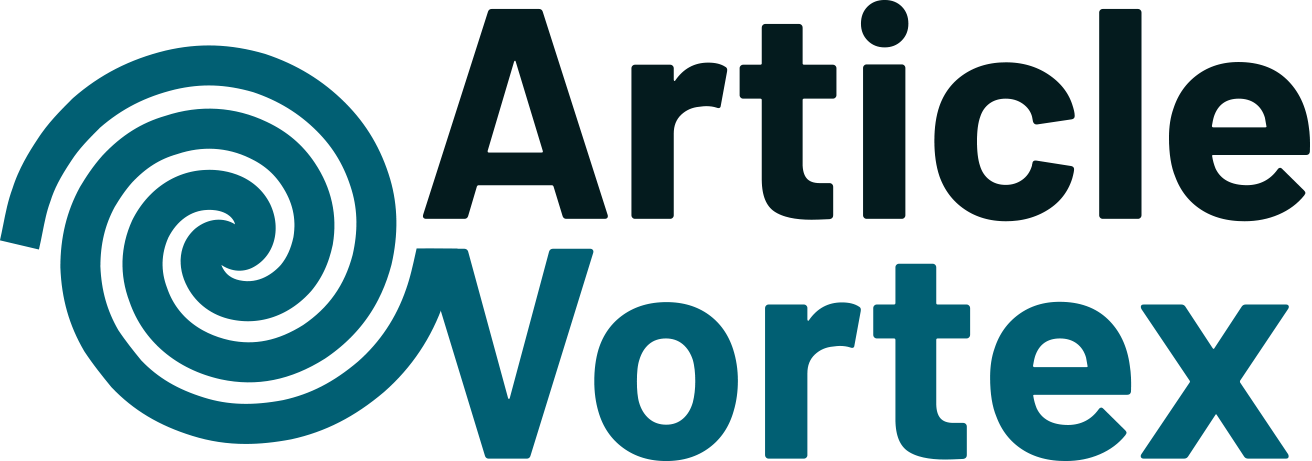Understanding the Basics of Online Tax Filing
Online tax filing is a digital method that allows individuals and businesses to submit their tax returns through the internet instead of mailing paper forms. This approach has grown significantly in popularity due to its speed, convenience, and accuracy. With the increasing availability of tax filing software, users can navigate through complex tax codes with guided assistance, ensuring they meet compliance requirements without the need for professional consultation in many cases.
Many individuals prefer this method as it reduces the chances of errors commonly associated with manual filing. Most platforms offer real-time calculations, automatic form population, and error checks. In addition, filing online typically results in quicker processing times, which can speed up refunds. Whether you’re filing a simple individual return or a more intricate business report, online platforms cater to a wide range of needs and scenarios, including tax filing in {city}.
Before getting started, it’s essential to gather all relevant documents, such as income statements, deductions, and identification numbers. Most online systems will prompt users to input this data step-by-step, making the process more manageable for first-timers and experienced filers alike.
Key Dates: Staying Ahead of the Tax Filing Deadline 2025
One of the most critical aspects of tax preparation is meeting the tax filing deadline 2025. Missing this deadline can lead to penalties and interest, so it’s vital to keep it in focus throughout the year. Typically, the deadline falls in mid-April, but it can vary slightly depending on weekends and holidays.
To avoid complications, consider setting reminders a few weeks in advance. Many online tax filing platforms offer built-in calendar alerts or email notifications, which can help ensure timely submissions. If additional time is needed, taxpayers can request a tax filing extension using the official tax filing extension form. This extension usually grants an extra six months, pushing the due date into October. However, it’s important to note that the extension only applies to the filing—not to the payment deadline.
Here are some tips to manage deadlines effectively:
- Organize your documents early in the year
- Use tax software that includes deadline alerts
- Submit your extension form well before the original due date
- Pay any estimated taxes by the initial deadline to avoid penalties
Staying on top of these timelines can prevent last-minute stress and ensure compliance with IRS regulations.
Choosing the Right Tax Filing Software
With numerous tax filing software options available today, choosing the right one can feel overwhelming. However, selecting a platform that fits your financial situation and comfort level with technology is key. These programs are designed to streamline the process and reduce the likelihood of errors, making them ideal for both new and seasoned filers.
When researching tax filing software, consider the following features:
- User-friendly interface with step-by-step guidance
- Support for various tax forms and schedules
- Security measures such as data encryption and two-factor authentication
- Access to customer support or tax experts
- Affordable pricing based on your filing complexity
Many software solutions also offer mobile apps, allowing users to file or review their returns on the go. For those dealing with more complex filings, such as self-employment income or investments, choosing software with advanced features is particularly beneficial. Additionally, some platforms are optimized for specific regions, making them useful for tax filing in {city}, where local deductions or credits may apply.
Comparing reviews and testing free versions (if available) can help you make an informed decision that aligns with your needs.
Filing Extensions: When and How to Request More Time
Life doesn’t always align with tax season, and sometimes you may need extra time to gather your information. In such cases, requesting a tax filing extension is a practical solution. This process is relatively straightforward and can be done electronically using a tax filing extension form.
Valid reasons for requesting an extension include:
- Unexpected personal or family emergencies
- Delays in receiving important tax documents
- Complicated financial situations requiring more preparation time
Filing for an extension grants you additional time to submit your return, but not to pay any taxes owed. Therefore, it’s essential to estimate your tax liability and make a payment by the original deadline to avoid interest or penalties. Many tax filing software programs include tools to help calculate this estimate accurately.
Once your extension is approved, use the extra time wisely to double-check your data, explore additional deductions or credits, and ensure that your filing is complete and accurate. This proactive approach can save you from costly mistakes and potential audits.
Remember that even if you live in a specific location, such as {city}, the federal extension rules still apply, though some states may have their own separate processes or deadlines.
Online Tax Filing in Your City: Local Considerations
While federal tax filing is uniform across the United States, some aspects of tax filing in {city} may include local regulations, credits, or deductions that are unique to the area. Online tax filing platforms are increasingly accommodating city-specific tax details, ensuring accurate submissions at both the state and local levels.
Residents of {city} should be aware of local tax incentives or obligations such as:
- City-specific income taxes or surcharges
- Property tax rebates or credits
- Business tax requirements for local entrepreneurs
- Local deductions for transit, education, or family care
Using a tax filing software that supports regional tax codes can help ensure you’re not missing out on opportunities for savings or compliance. Additionally, some platforms may offer local customer support or partnerships with tax professionals in {city}, providing peace of mind for those who prefer a more personalized experience.
Staying informed about local updates and integrating them into your online tax filing strategy can lead to a more accurate and beneficial return. Always double-check that your chosen platform is updated for current year changes, including any city-specific tax legislation.
Conclusion: Taking Control of Your Tax Filing Experience
Online tax filing offers a streamlined, secure, and accessible method for managing your tax responsibilities. Whether you’re aiming to meet the tax filing deadline 2025, considering a tax filing extension, or exploring the right tax filing software, making informed choices is key. By staying organized, leveraging available tools, and understanding both federal and local requirements like those for tax filing in {city}, you can approach tax season with confidence and clarity. Taking the time to prepare now can save time, money, and stress in the long run.












